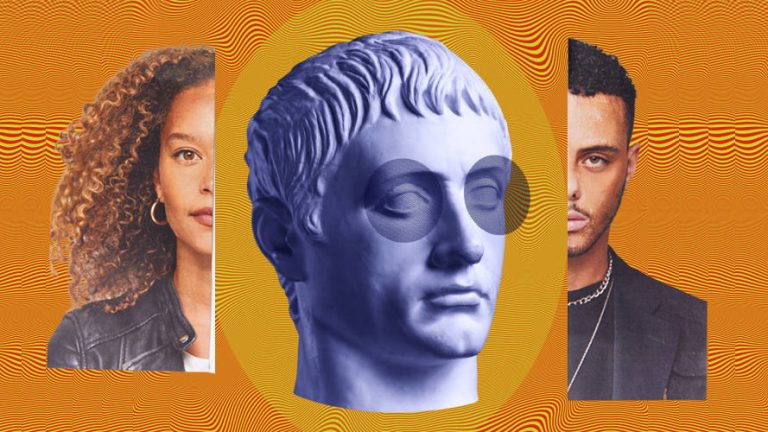The current state of women in AI: Are human rights and people’s equality being violated by AI?
What is the state of women in AI? Does gender bias in AI exist? Lately, artificial intelligence (AI) is permeating all aspects of life and radically altered how we communicate, collaborate, and think. By predictive, individualized, and optimized solutions, AI may change society and enhance people’s equality and quality of life by, among other things, strengthening people’s resilience to disasters, enhancing their health, and lowering carbon emissions. But AI can also interfere with human rights, exacerbate inequality, and pose a threat to privacy through intrusive applications. Yet, the goals and brains behind the technology have a significant impact on how the effects of AI fall on society.
In order to make AI comprehensive and advantageous for everyone, it is essential to have an equitable engagement of varied people, notably women. The 8th International Day of Women and Girls in Science, which falls on February 11th, offers a chance to consider gender trends and the representation of women in the AI sector. India is in the strongest position to advance international cooperation and form the global strategy on furthering gender equality in AI because of the G20 chairmanship and the attention on Nari Shakti.
Women only make up 22% of the AI workforce, according to the Global Gender Gap Report 2022 from the World Economic Forum. This hinders career advancement as well as the diversity of viewpoints and experiences that are influencing the direction of AI. It also keeps the gender pay gap in place. Women make up 43% of STEM graduates in India, which is greater than the majority of other advanced economies.
Nonetheless, there is still a great deal to be done in the workplace, as only 14% of STEM occupations in India are held by women. In addition, 81% of women in STEM encounter gender bias in performance reviews over the course of their careers. Just 10-15% of AI specialists employed by tech giants like Google and Facebook are women, and this imbalance is also present in research. Only 13.83% of women are the authors of AI research articles, according to a Nesta analysis. According to studies, biased AI systems may make already existent employment gaps worse and potentially hurt underrepresented communities.
The portrayal of women in AI faces difficulties as well. In the tech sector, there has long been an imbalance between the sexes and a lack of diversity; this is also true when it comes to AI. Due to the underrepresentation of women in technical areas, particularly in leadership roles, decisions are made by people with similar attitudes.
Artificial intelligence (AI) systems can reinforce inequality and discrimination if they are built without taking into account the demands and experiences of diverse communities. The gendered identities and voices of AI chatbots, for instance, that respond to user requests, already reinforce unjust gender stereotypes. Face recognition algorithms have demonstrated a greater error rate when identifying women and persons of colour, which is a direct effect of the biased training data. Women’s credit scores are unfairly impacted by gender-blind AI design. Automatically excluding female job applicants is a practise of biased AI recruiting tools.
The workplace may also be hostile to women in AI due to gender bias and stereotypes, which can impede their professional development and constrict their prospects for growth. This may also be a factor in the dearth of female executives in the AI industry. In hard technological domains like AI, they further struggle to strike a balance between work and life, which can hinder their ability to advance in the industry and advance their careers.
Although bias may be an inevitable part of life, let’s not make it an inevitable feature of emerging technologies. Emerging technologies, such as AI, provide us an opportunity to start over, but it is up to people, not the robots, to eliminate bias. AI will never be diverse if human problem solvers are not trained, and algorithms will always mirror our own prejudices.
So, it is hoped that women will contribute significantly to the development of a world with bias-free AI, alongside males






Add comment